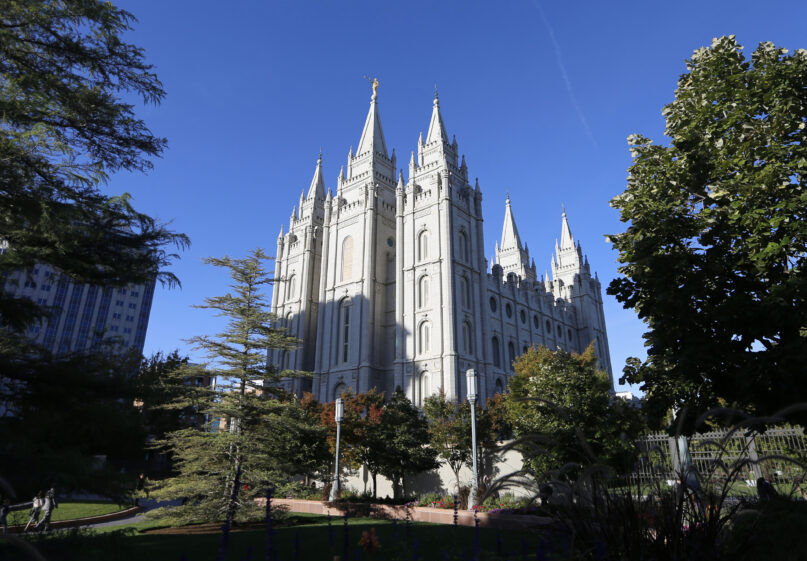2023/04/15

By Khalid Abdelaziz and Nafisa Eltahir
KHARTOUM (Reuters) -Clashes between Sudan's main paramilitary group and the armed forces on Saturday killed at least 25 people, a doctors' group said, in an apparent struggle for control amid the country's halting moves toward elections after a military coup.
The Sudanese Doctors' Union said 183 people were wounded in fighting between the military and the Rapid Support Forces (RSF). It was unclear whether the victims were civilians.
The group said it recorded deaths at Khartoum's airport and the nearby city of Omdurman as well as in the cities of Nyala, El Obeid and El Fasher, which are west of the capital Khartoum.
The paramilitary RSF claimed to have seized the presidential palace, army chief's residence, state television station and airports in Khartoum, the northern city of Merowe, El Fasher and West Darfur state. The army rejected those assertions.
The Sudanese air force late on Saturday told people to stay indoors while it conducted what it called an aerial survey of RSF activity, and a holiday was declared in Khartoum state for Sunday, closing schools, banks and government offices.
Gunfire and explosions could be heard across the capital, where TV footage showed smoke rising from several districts and social media videos captured military jets flying low over the city. Eyewitnesses reported shooting in adjoining cities.
A Reuters journalist saw cannon and armoured vehicles deployed on the capital's streets and heard heavy weapons fire near the headquarters of both the army and RSF.
Army chief General Abdel Fattah Al-Burhan told Al Jazeera TV the RSF should back down: "We think if they are wise they will turn back their troops that came into Khartoum. But if it continues we will have to deploy troops into Khartoum from other areas."
The armed forces said on Facebook it would not negotiate with the RSF unless the paramilitary force dissolved. The army told soldiers seconded to the RSF to report to nearby army units, which could deplete RSF ranks if they obey.
The RSF leader, General Mohamed Hamdan Dagalo, better known as Hemedti, called Burhan a "criminal" and a "liar". The military and RSF, which analysts say is 100,000 strong, have been competing for power as political factions negotiate forming a transitional government.
"We know where you are hiding and we will get to you and hand you over to justice, or you die just like any other dog," he said in an interview with the station.
A prolonged confrontation between the RSF and army could plunge Sudan into widespread conflict as it struggles with economic breakdown and tribal violence, and could also derail efforts to move towards elections.
The clashes follow rising tensions over the RSF's integration into the military. The disagreement has delayed the signing an internationally backed agreement with political parties on a transition to democracy.
A coalition of civilian groups that signed a draft version of that agreement in December called on Saturday for an immediate halt to hostilities, to stop Sudan sliding towards "the precipice of total collapse".
"This is a pivotal moment in the history of our country," they said in a statement. "This is a war that no one will win, and that will destroy our country forever."
The RSF accused the army of carrying out a plot by loyalists of former strongman President Omar Hassan al-Bashir - who was ousted in a coup in 2019 - and attempting a coup itself. A 2021 coup ousted the country's civilian prime minister.
RSF SAYS EGYPTIAN TROOPS SAFE
Eyewitnesses reported fighting in many areas outside the capital. Those included heavy exchanges of gunfire in Merowe, northern Sudan, eyewitnesses told Reuters.
The RSF shared a video that it said showed Egyptian troops who "surrendered" to them in Merowe. Egypt's military said the troops were in Sudan for exercises with their Sudanese counterparts.
Hemedti told Sky News Arabia the Egyptians were safe and the RSF would cooperate with Cairo on their return.
The video showed men dressed in army fatigues crouched on the ground and speaking to RSF members in an Egyptian Arabic dialect. Unconfirmed reports by open-source intelligence analysts said several Egyptian Air Force fighter planes and their pilots were captured by the RSF along with Sudanese weapons and military vehicles.
Clashes also erupted between the RSF and army in the Darfur cities of El Fasher and Nyala, eyewitnesses said.
International powers - the U.S., Russia, Egypt, Saudi Arabia, the United Nations, the European Union and the African Union - all called for an immediate end to the hostilities.
After a phone call, the Saudi, U.S. and UAE foreign ministers called for a return to the framework agreement on the transition to democracy, the Saudi state news agency reported.
U.N. Secretary-General Antonio Guterres spoke with Burhan and Hemedti, according to Guterres' spokesperson, and appealed for a return to dialogue. Guterres also spoke with Egyptian President Abdel Fattah al-Sisi, Egypt's presidency said.
Chad closed its border with Sudan while Ethiopia and Kenya called for restraint.
A Saudi Arabian airlines plane came under fire at Khartoum airport and the carrier suspended flights to and from Sudan, the state-owned airline said. Egypt's national airline, Egyptair, said it was suspending flights to Khartoum for 72 hours. Social media video showed frightened passengers cowering on the floor of Khartoum airport and a destroyed U.N. aircraft on the tarmac.
(Reporting by Khalid Abdelaziz in Khartoum and Nafisa Eltahir in Cairo; Writing by Nafisa Eltahir, Michael Georgy, Giles Elgood and Cynthia Osterman; Editing by Alex Richardson, Jan Harvey, Frances Kerry and Daniel Wallis)

© Reuters















